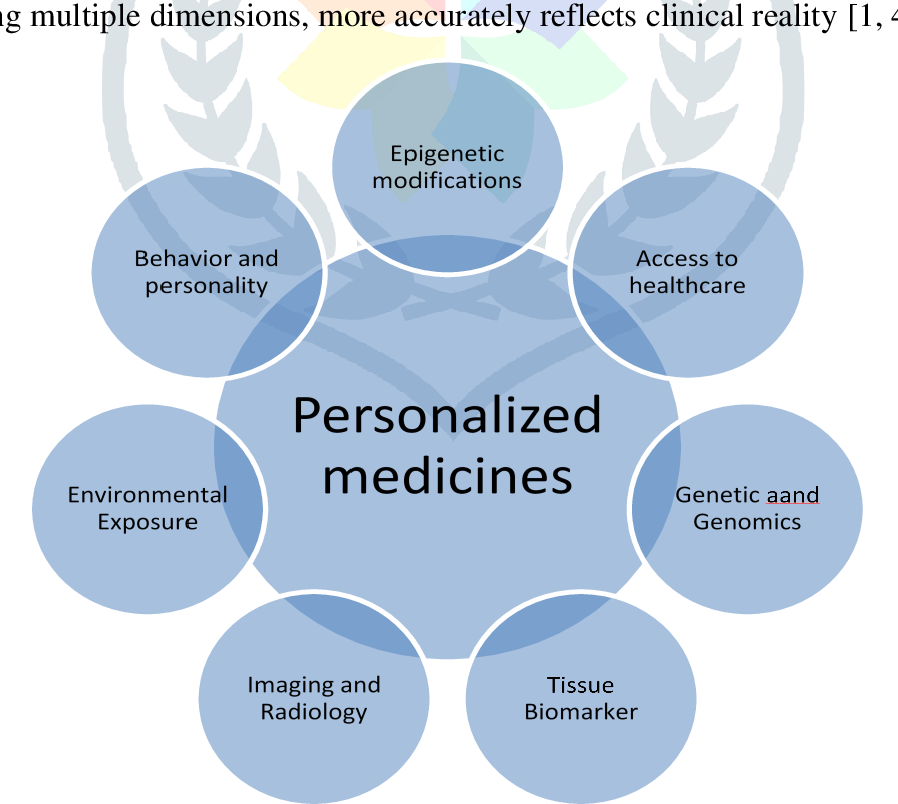
AI Emerges as a Revolutionary Force in Medicine: Early Detection and Personalized TreatmentAI Emerges as a Revolutionary Force in Medicine: Early Detection and Personalized Treatment Artificial intelligence (AI) is rapidly transforming the medical landscape, enabling early disease detection, personalized treatment plans, and improved patient outcomes. Here are some groundbreaking advancements: Early Disease Detection: * Medical Image Analysis: AI algorithms analyze medical images, such as X-rays, MRI scans, and CT scans, with unprecedented precision. This allows for early identification of small lesions or abnormalities that might escape human interpretation, leading to timely diagnosis and prompt intervention. * Predictive Analytics: AI models use vast datasets and machine learning techniques to predict the risk of developing certain diseases. By identifying individuals at high risk, it becomes possible to implement preventive measures and monitor for early signs. Personalized Treatment: * Precision Medicine: AI analyzes genetic data, medical history, and lifestyle factors to generate personalized treatment plans. This approach targets the underlying cause of a disease, increasing treatment effectiveness and reducing adverse effects. * Personalized Drug Dosage: AI algorithms optimize drug dosage regimens based on individual patient characteristics. This ensures that each patient receives the optimal dose to achieve maximum therapeutic benefit while minimizing toxicity. Other Applications: * Automated Diagnosis: AI tools can automate the diagnosis process by analyzing patient data and providing medical professionals with recommendations. This streamlines diagnosis, reduces waiting times, and improves accessibility to healthcare. * Clinical Decision Support: AI systems provide real-time guidance to healthcare providers during decision-making processes. They offer evidence-based recommendations, risk assessments, and reminders to enhance clinical outcomes. Benefits: * Improved Patient Care: AI-enabled early detection and personalized treatment lead to better patient outcomes, increased quality of life, and reduced mortality rates. * Cost Savings: Early diagnosis and preventive measures can prevent costly hospitalizations and chronic treatments, resulting in significant healthcare cost savings. * Increased Efficiency: AI tools automate repetitive tasks and assist healthcare professionals, freeing up their time for more patient-centered care. * Enhanced Accessibility: AI-powered healthcare services can reach remote areas and underserved populations, providing access to timely and quality care. Conclusion: AI is revolutionizing medicine by empowering early disease detection and enabling personalized treatment plans. Its applications in medical image analysis, predictive analytics, precision medicine, and automated diagnosis are transforming healthcare. As AI continues to evolve, it promises to further improve patient care, enhance healthcare efficiency, and ultimately lead to a healthier society.
Posted inNews